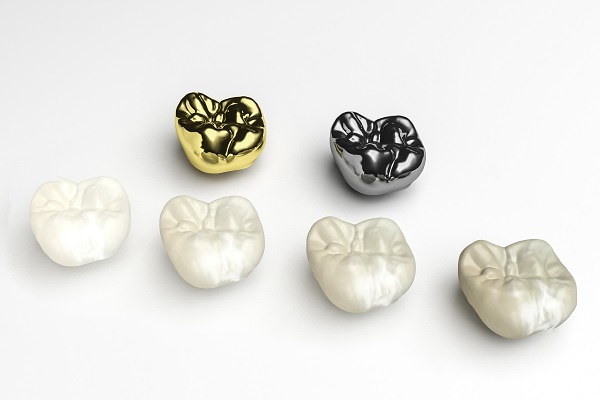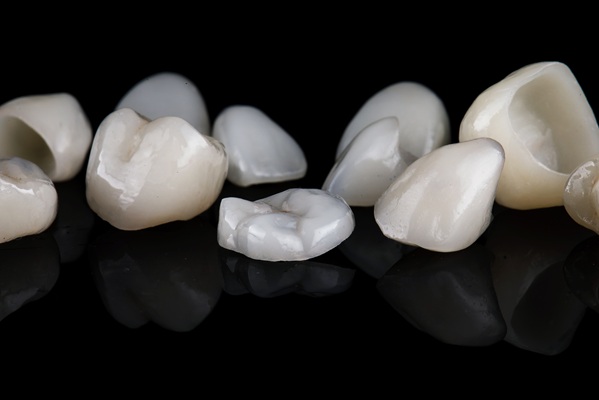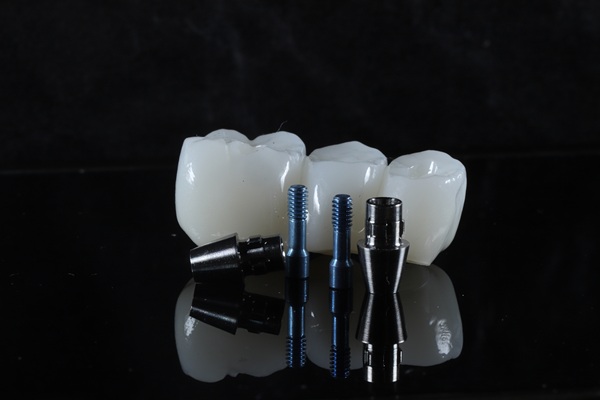Dental Crowns to Protect Your Tooth

If you've been told you need dental crowns or want to know more about them, here's an explanation of what they are and how they're used to protect your tooth from damage caused by decay, injury, or other factors. The following article provides some information about the materials used to make crowns and their benefits over different types of dental restorations.
What are dental crowns?
A crown is a covering that surrounds and protects a damaged tooth. Crowns can be made of porcelain, gold, or other material (depending on your needs) and are bonded onto your tooth. In addition to being highly effective at protecting your teeth from further damage, it also strengthens weakened teeth.
How do they protect your tooth?
Crowns protect teeth by covering and strengthening weak, damaged, or injured teeth. A crown is a custom-made cap that fits over your tooth, helping prevent further deterioration. It's like a protective hat for your tooth!
What material is used to make them?
Crowns are made from porcelain and metal alloys such as zirconia, gold, and silver. These metals are usually covered in resin and shaped into place by taking an impression of your natural teeth and sending it off for processing with dentists' equipment that uses pressurized air technology.
Porcelain and metal alloys used in dental crowns are usually covered in resin colored with pigments. The color can range from natural tooth colors like white and pink to blue or black.
What are the benefits?
Crowns allow you to keep your natural teeth for as long as possible. Crowns can cover any part of a tooth, from just the root and top to an entire chewing surface. In addition, some crowns are strong enough to be used in place of several natural teeth. The biggest benefit of a crown is that they are strong enough to last many years and protect your natural teeth from additional decay or trauma. Plus, they look just like your natural teeth!
Will I need more than one visit to get my crown?
Depending on your situation and the materials used, more than one visit may be necessary. The first one is an impression appointment where your dentist will take a mold of your mouth and teeth so that they can create your new crown later. If you go with a traditional dental lab route, it could take multiple weeks for your permanent crown to be finished before you come back for a second appointment. Your dentist will file down any rough edges and fit them into place permanently.
Contact your dentist
Consult your dentist before your procedure to know what materials are used and the expected timeline. Both factors will affect the price you'll be paying. Be prepared to ask questions to ensure that you have a clear understanding of the treatment plan moving forward.
Request an appointment here: https://www.drpainless.com or call Red Cliffs Dental at (435) 465-4002 for an appointment in our St. George office.
Check out what others are saying about our dental services on Yelp: Dental Crowns in St. George, UT.
Recent Posts
Dental crowns repair and protect badly-damaged teeth by encasing them completely. Traditionally, the process of placing a crown takes two dental visits. If given a choice, people would have their tooth restorations done in a single procedure. This is what created the need for same-day dental crowns. Some dental practices now place crowns in a…
When getting a dental crown, you might wonder how many visits you need to make before you can get the restoration. Usually, you can expect to have around two office visits to complete the process. There are several steps involved, so you might want to understand each one a bit better. Keep reading to learn…
All-on-4® implants refer to a procedure where the patient gets four posts attached to their jawbone to insert dentures for a simple, quick, and long-lasting smile. They are growing in popularity due to their permanence and effectiveness. There are some things to consider before getting an implant surgery, with one of the most significant components…
Giving a child early orthodontics can help to eliminate unnecessary work. It can also reduce the number of needed extractions or surgery. Sometimes, a child may need orthodontics as early as the age of seven. Because every child is different, some may need earlier treatment than others. Bringing your child to an orthodontic evaluation by…


